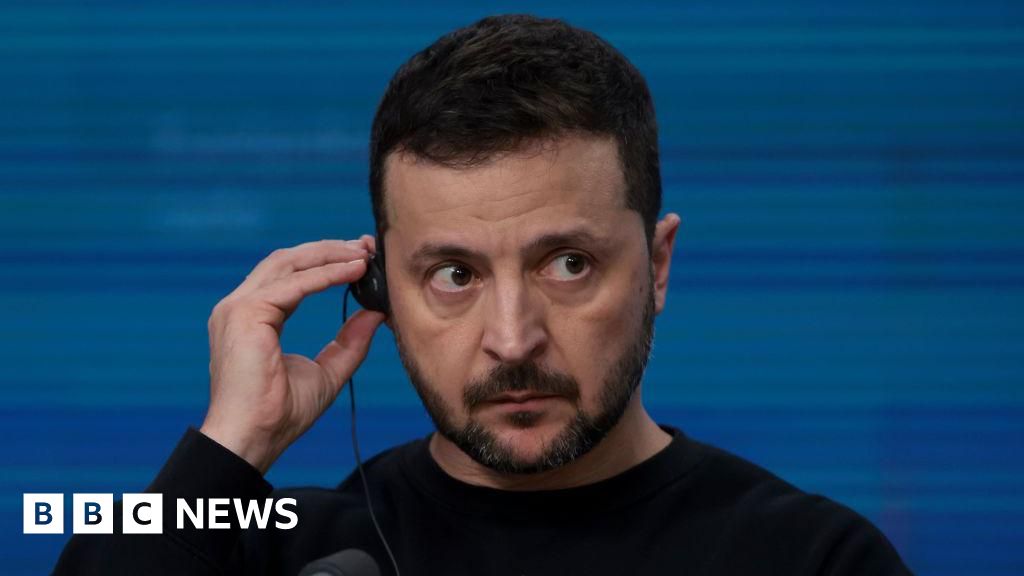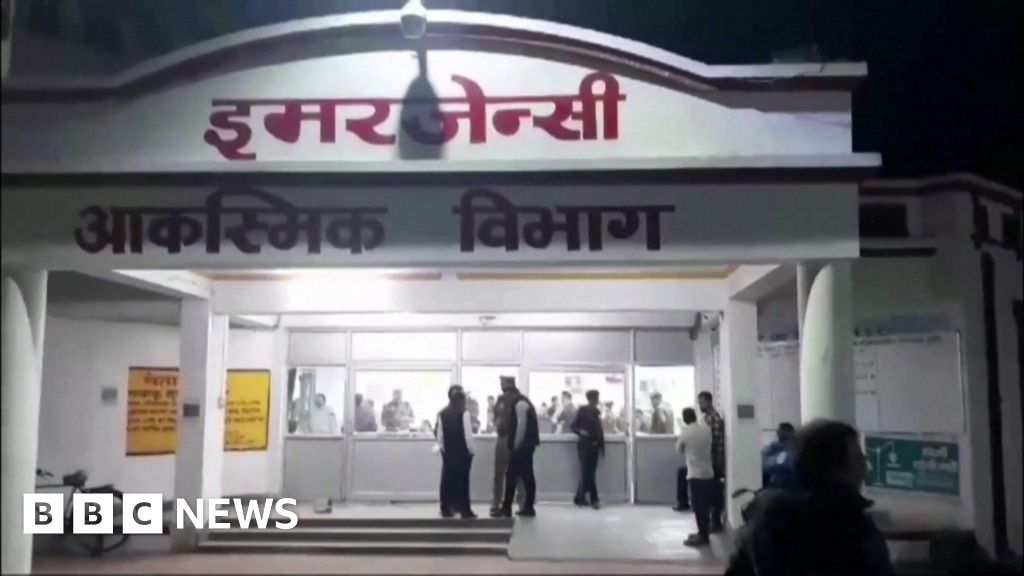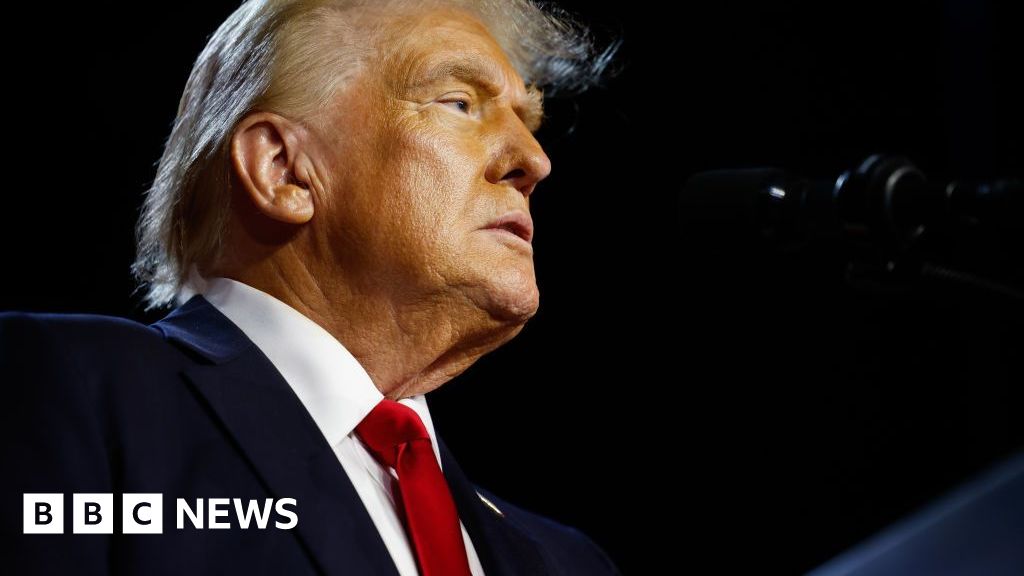ARTICLE AD BOX
Image source, AFP
Image caption,Security forces fired tear gas at protesters in Khartoum
People across Sudan have joined mass protests over the military's takeover, as they mark the third anniversary of a popular uprising.
Hundreds of thousands marched in the capital Khartoum, where security forces responded with tear gas.
Demonstrations in 2019 led to the overthrow of Sudan's long-term authoritarian President Omar al-Bashir.
Civilian and military leaders then entered an uneasy power-sharing agreement, until the coup in October.
Last month, the country's ousted Prime Minister Abdalla Hamdok was reinstated, after being put under house arrest in the military takeover.
But the move has failed to stop protests in the country, where demonstrators have been calling for an entirely civilian political leadership.
On Sunday, protesters marched towards the presidential palace in Khartoum, which is home to coup leader Gen Abdel Fattah al-Burhan, chanting: "The people are stronger and retreat is impossible."
They also called for Gen Burhan's "downfall".
Protests were also being held in several other cities across the country.
Footage showed demonstrators waving the Sudanese flag and others bearing images of those killed in the uprising and the protests since the coup.
At least 45 people have been killed in crackdowns on protesters since the October takeover, according to the independent Doctors' Committee.
Anti-coup protesters chant and clap as they march through Khartoum in October
Under the fractious power-sharing arrangement reached in 2019, Gen Burhan had been due to step down as head of state, handing over to a civilian last month.
He has defended the coup, saying the army acted to prevent a civil war that was threatening to erupt because political groups had been inciting civilians against the security forces.
He says Sudan is still committed to the transition to civilian rule, with elections planned for July 2023.
Under the agreement reached with Mr Hamdok last month, the reinstated prime minister will lead a cabinet of technocrats until elections are held. But it is unclear how much power the new civilian government will have, as it it will be subject to military oversight.
The protesters do not trust the military and have rejected any sort of power sharing arrangement.

 2 years ago
33
2 years ago
33








 English (US)
English (US)